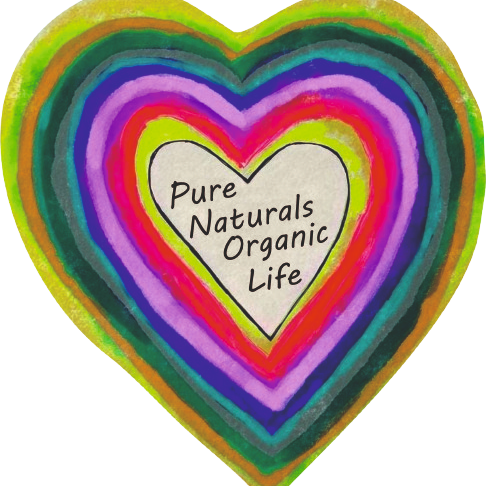The Advantages of a Vegetarian diet:
Protein : While vegetarian diets meet protein requirements, they are typically lower in total intake of protein than non-vegetarian diets. This can be more beneficial than a meat diet as excessively high protein intake has been linked to osteoporosis and kidney failure.
: While vegetarian diets meet protein requirements, they are typically lower in total intake of protein than non-vegetarian diets. This can be more beneficial than a meat diet as excessively high protein intake has been linked to osteoporosis and kidney failure.
Fats: Vegetarians tend to eat less saturated fats – found in meat and farm merchandise – and a lot of unsaturated fats – like oil, vegetable oil and oil. A high intake of saturated fat will cause raised blood steroid alcohol and cause cardiovascular disease.
The Drawback:
Vitamin B12: Not obtaining enough B vitamin causes some concern for vegetarians, because it rarely found in meat, fish, eggs and milk.
The Advantages of a Meat Diet:
Vitamin B12: B complex is just found in meat, fish, eggs and milk, though it’s generally else to cereals and margarines. it’s very important for the formation of red blood cells and nerve fibres. If our bodies do not manufacture enough red blood cells this will cause iron deficiency called anaemia.
Protein: Two-thirds of protein comes from meat, fish, eggs and dairy food. However, protein can also be found in cereal products, nuts and pulses.
Iron: Iron from animal sources is more easily absorbed than iron from plant sources. This is because various substances contained in iron from plant sources can bind iron, reducing absorption.
The Drawback
Saturated fat: Meat contains saturated fats which may block the absorption of essential fats – vital for maintaining cell structure. Too several saturated fats will build the body’s cells less versatile and have an effect on the flow of nutrients in and out of the cells.
Nutritionists recommend eating the lean side of meat – rather than fatty joints – because it contains higher levels of nutrients and lower levels of fat.
The specialist says: ‘We want Protein at each meal, and will eat either meat, chicken, fish or curd, eggs or cheese.’
Nutritionist Ian Marber conjointly says: ‘Another advantage of being a meat eater is it’s easier to seek out fast food that’s animal primarily based.
‘However though macromolecule levels ar higher in an exceedingly meat diet, therefore is fat intake that has been connected to heart condition.
‘However, a vegetarian diet can also provide all our nutrient requirements with some careful planning. It is important to find out the alternative sources for nutrients such as B12, iron and protein which come in plant form.
‘In a vegetarian diet it is more important to eat a wide variety of foods – such as wholegrains, pulses, vegetables and fruit – containing different nutrients to meet our body’s requirements.’
